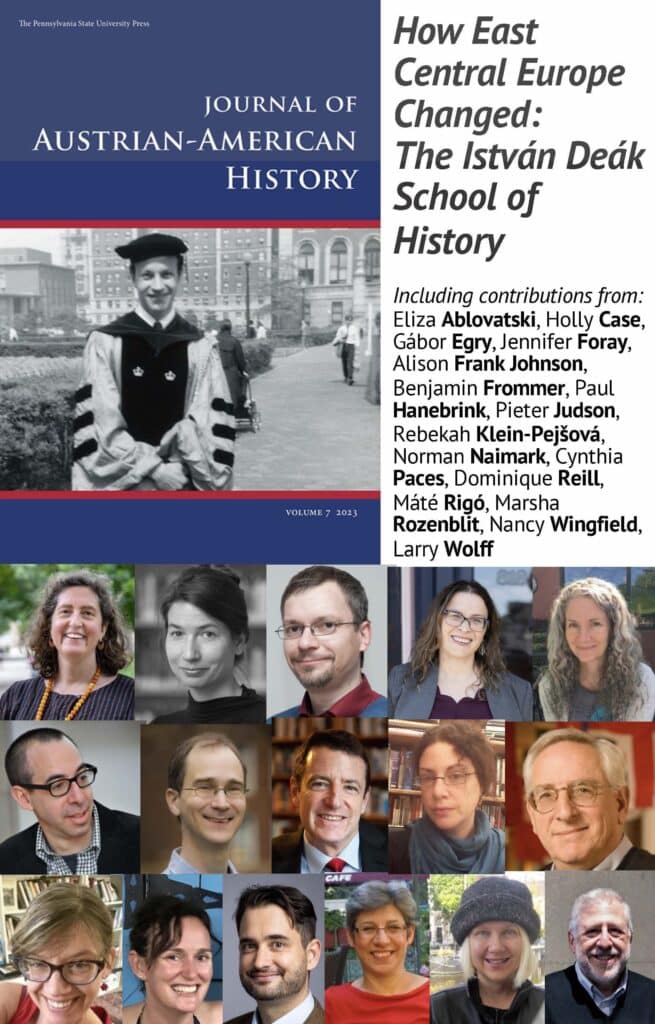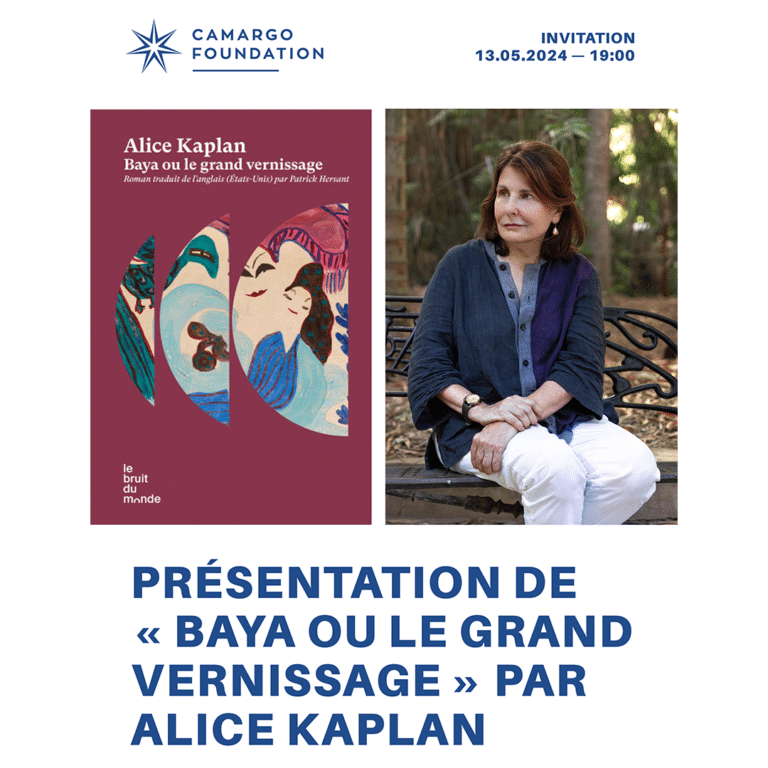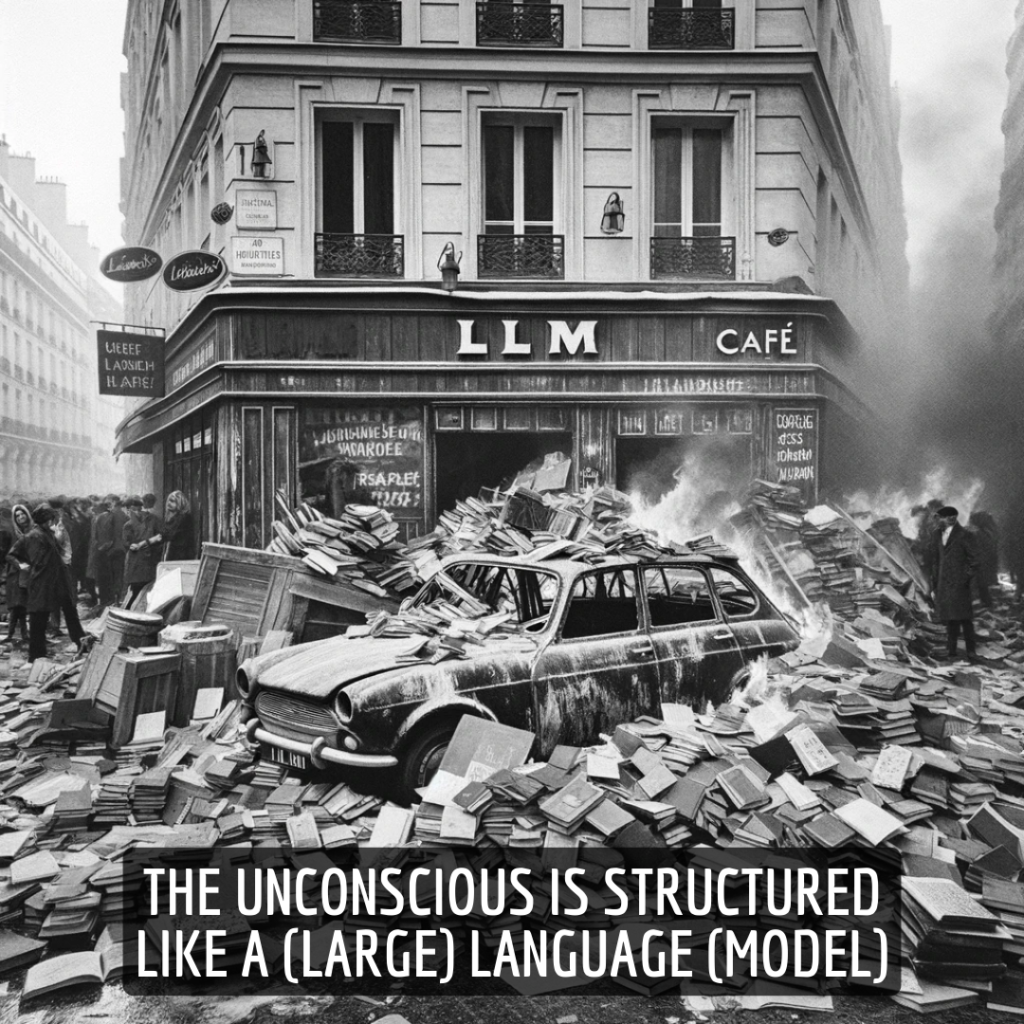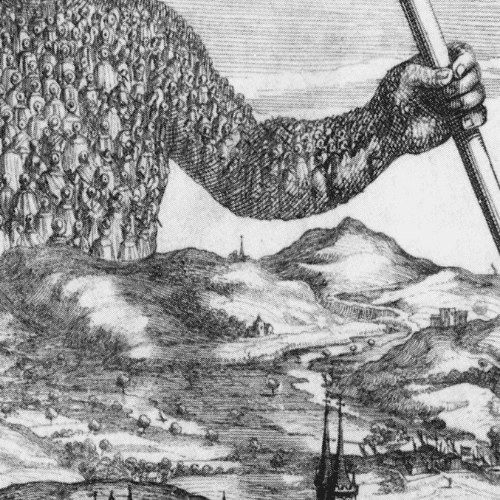In September 2020, as the world grappled with the challenges of the COVID-19 pandemic, the distinguished historian István Deák found himself in an idyllic yet eerie situation, living with his family in the countryside between San Francisco and Los Angeles. At the same time, Dominique Kirchner Reill, a resident research fellow at Iméra — the Institute for Advanced Study of Aix-Marseille University — was experiencing her own form of isolation in a beautiful apartment in Florence, Italy, with closed archives and fading sabbatical dreams. Their correspondence during these uncertain times would lead to an unexpected collaboration culminating in preparing Deák’s recorded public remarks in receiving the FriuliStoria National Prize for Contemporary History.
The story of István Deák’s unexpected award and the subsequent challenge he faced in producing a video response to readers’ comments forms the backdrop of Dominique Kirchner Reill’s article, “Spotlighting Deák’s Admirers: Lay and Specialist, Then and Now,” which serves as the introduction to the special issue of the Journal of Austrian-American History, titled “How East Central Europe Changed: The István Deák School of History.”
The title of Reill’s article itself (Spotlighting Deák’s Admirers: Lay and Specialist, Then and Now) hints at the dual focus of her piece, encompassing the reception of Deák’s work by both lay readers and specialists, as well as past and present perspectives. In the spirit of her publication, we explore two key themes that emerge from the article: István Deák’s unique approach to history and the profound impact he had on the field of East Central European history.
A Historian Beyond Borders
The first theme underscores István Deák’s belief that history transcends borders, states, and professional practitioners. This notion is exemplified by his recognition by the FriuliStoria National Prize, awarded by a committee comprising both academics and nonspecialist readers of history. Deák’s work was lauded for its accessibility, compactness, and coverage, with many praising the quality of translation and its relevance for contemporary Europeans. Reill’s account of this event highlights Deák’s conviction that history books should cater not only to academics but also to the wider public. This theme resonates throughout the special issue, reflecting how Deák’s approach transformed the way history is studied, written, and taught.

Challenging Narratives and Exploring ‘Minor’ Histories
The second theme centers on the idea that István Deák’s approach to history focused not just on the grand narratives but also on the ‘minor’ ones. This approach allowed him to bring out the human aspects and social sentiments of historical events. Authors in the special issue, such as Alison Frank Johnson and Eliza Ablovatski, delve into how Deák’s work compelled historians to examine the past in more nuanced ways, considering the limitations on historical actors’ choices and emphasizing the human experiences that often go unnoticed. This emphasis on individual experiences and moral considerations shaped Deák’s scholarship and has left an indelible mark on the field of modern European history.
As we delve deeper into the special issue, we discover how various contributions explore these themes, ranging from Deák’s impact on gender analysis in historical narratives to his influence on challenging nationalist narratives. His role as a teacher and mentor, as well as his ability to dispel false myths and inspire further learning, is also examined.
In closing, Dominique Kirchner Reill’s article “Spotlighting Deák’s Admirers: Lay and Specialist, Then and Now” introduces readers to the profound influence of István Deák in the field of European history. It illustrates how his belief in the paradoxical aspects of human history and his dedication to exploring the ‘minor’ stories have not only earned him accolades but have also transformed the way we study and understand the past. The special issue provides a comprehensive exploration of Deák’s legacy through the eyes of sixteen esteemed historians.
To gain a deeper insight into the impact of István Deák’s work and the evolution of East Central European history, access the full article through this link. To read the entire special issue, see here (it’s open access).



